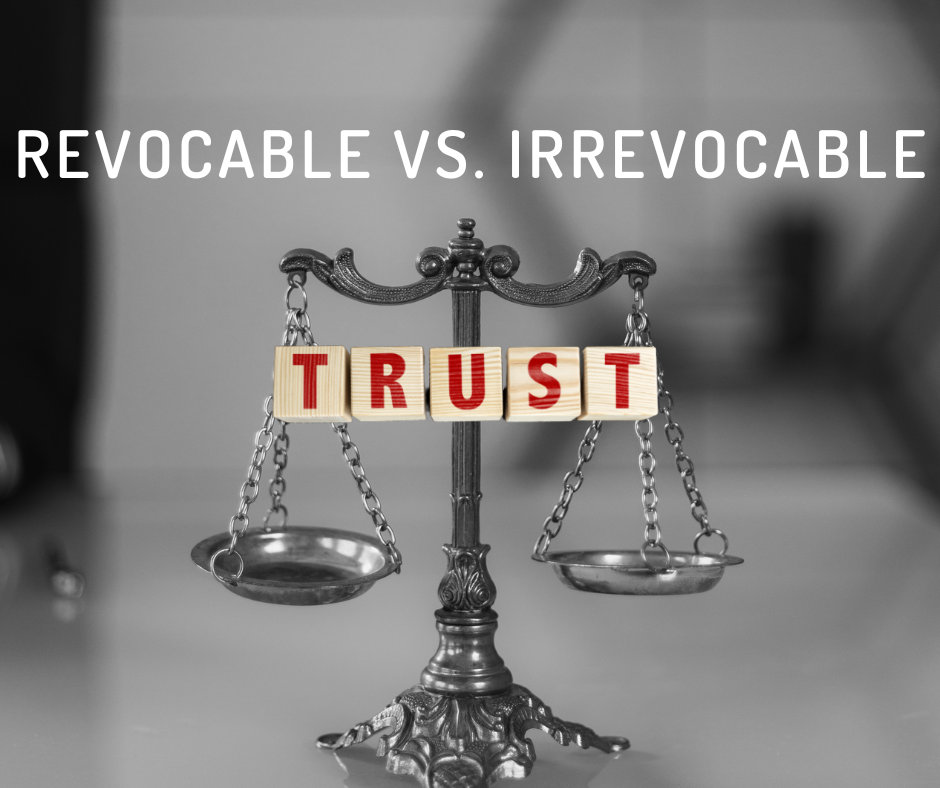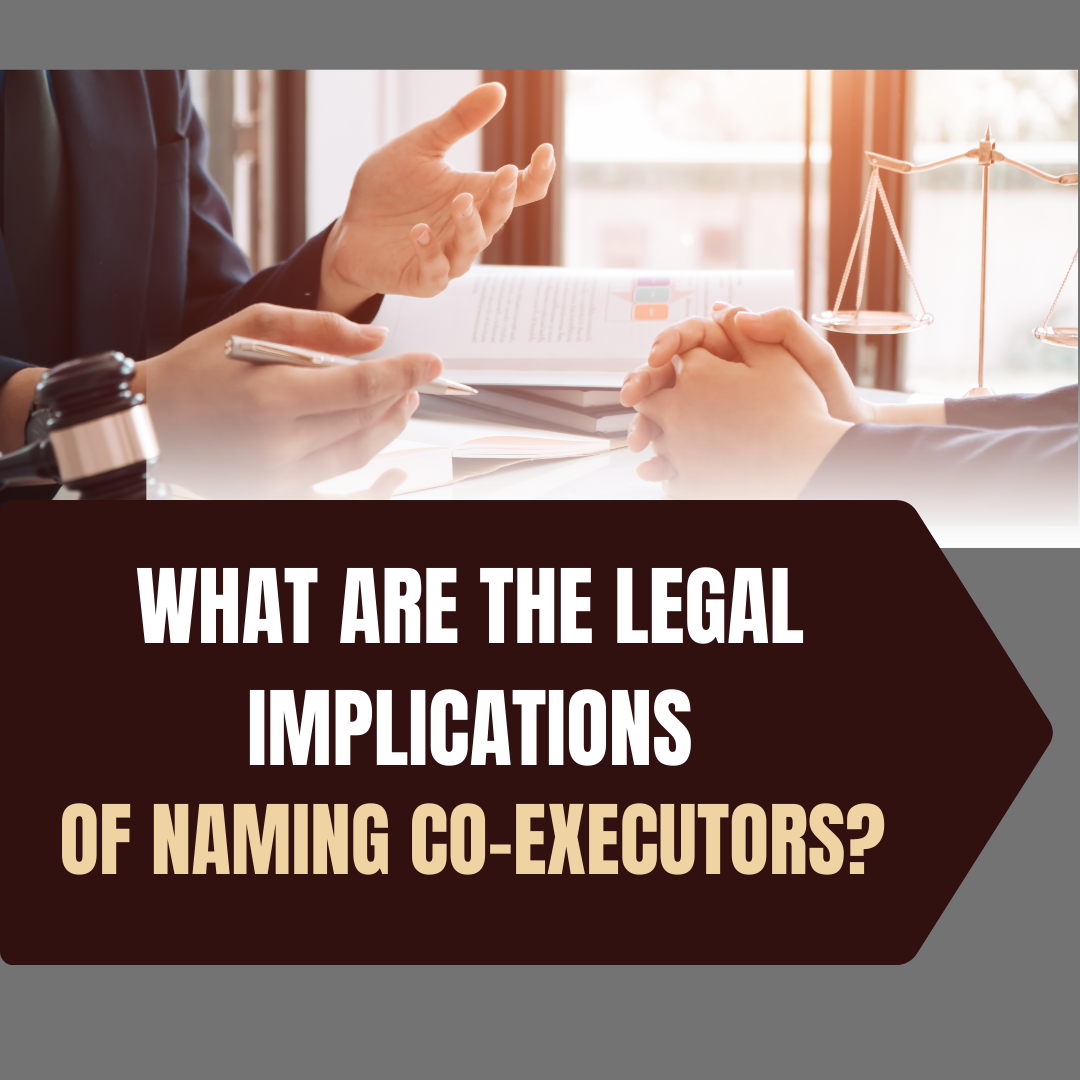-
How an Estate Plan Speeds Up Property Distribution?

In the midst of life’s hustle and bustle, it’s easy to overlook the importance of estate planning. Many individuals delay or avoid it altogether, thinking it’s a task for the distant future or for the wealthy. However, estate planning isn’t just about distributing wealth; it’s about ensuring your loved ones…
-
Best Business Structure for Small Business Owners

Choosing the right business structure is one of the most important decisions a new small business owner can make. It impacts everything from how you pay taxes and protect your personal assets to how you raise money and manage operations. This article will help you understand the different types of…
-
What Is the Difference Between a Revocable and Irrevocable Trust?

In estate planning, trusts are crucial for protecting assets and ensuring a smooth transition of wealth. There are two main types of trusts – revocable and irrevocable trusts, each with specific purposes and benefits. It’s really important to know the differences between these two kinds of trusts if you want…
-
What to Do First When a Family Member Dies?

Losing a family member is an incredibly difficult and emotionally taxing experience. In the midst of grieving, there are practical matters that need to be attended to. Knowing what steps to take in the immediate aftermath of a loved one’s passing can alleviate some stress during an already overwhelming time.…
-
Does your small business need a succession plan?

Succession planning is a critical yet often overlooked aspect of running a small business. Many entrepreneurs are so focused on day-to-day operations and immediate challenges that they fail to consider what will happen to their business when they’re no longer able or willing to run it. However, having a succession…
-
If I Have A Living Trust, Do I Still Need A Will?

Estate planning can be a complex and often intimidating process. With various legal instruments available, such as wills and living trusts, it’s understandable that many individuals find themselves questioning whether they need both or if one suffices. One common query in this realm is: “If I have a living trust,…
-
What Happens If I Die Without An Estate Plan?

Death is an inevitable part of life, yet many people avoid discussing or planning for it. However, failing to create an estate plan can have significant consequences for both you and your loved ones. Estate planning isn’t just for the wealthy or the elderly; it’s essential for anyone who wants…
-
What Are the Legal Implications of Naming Co-Executors?

When creating a will, one crucial decision is selecting an executor—the person who will manage your estate upon your death. Many people decide to appoint co-executors, entrusting this role to multiple individuals. Though this can be a good decision in some ways, it also has serious legal consequences. Being aware…
-
How Does Estate Planning Address Unmarried Couples?

Estate planning is important for everyone, though it is far more significant for unmarried couples. In contrast to married couples, where many rights and protections occur automatically under the law, an unmarried partner has to take conscious action in order to make sure their wishes are observed and that the…
-
What Is a Spendthrift Trust, and When Should You Use One?

Estate planning involves a wide range of tools and strategies that work to protect your assets and ensure they are distributed according to your wishes. One such tool is a spendthrift trust, which can offer very unique benefits for beneficiaries who may struggle with financial management or face external financial…
